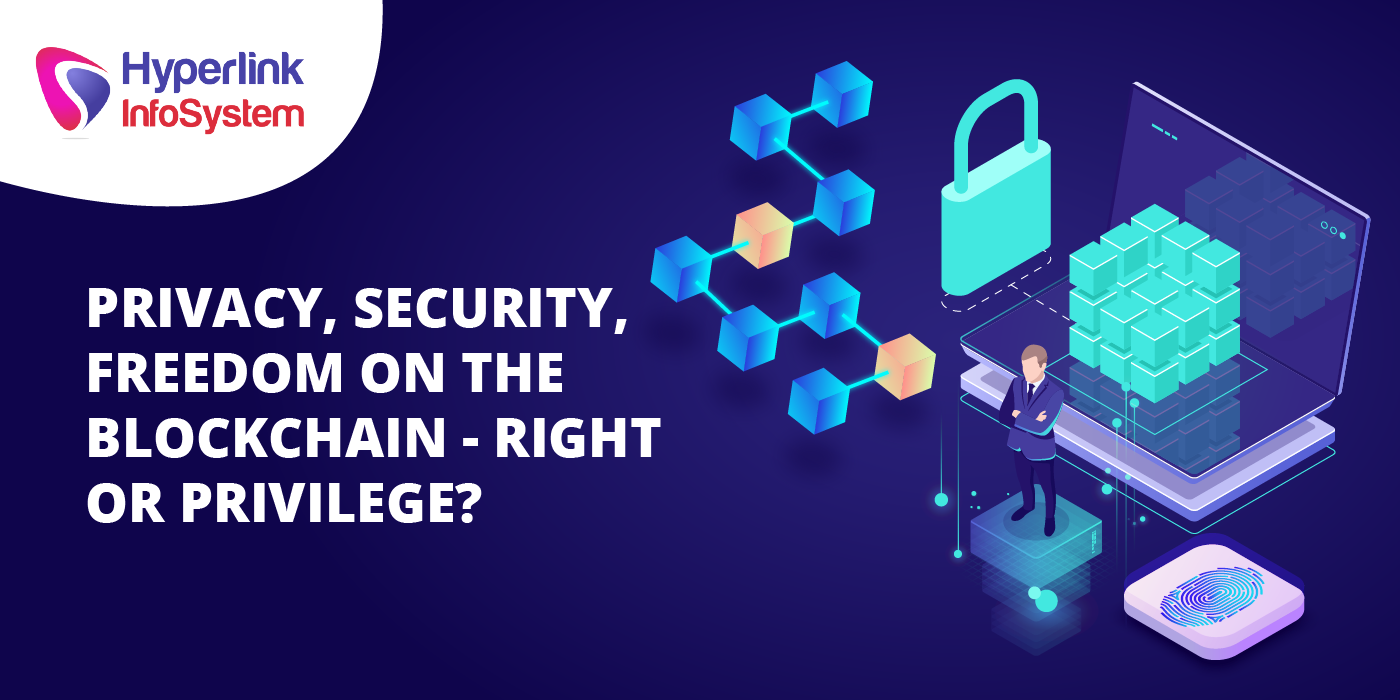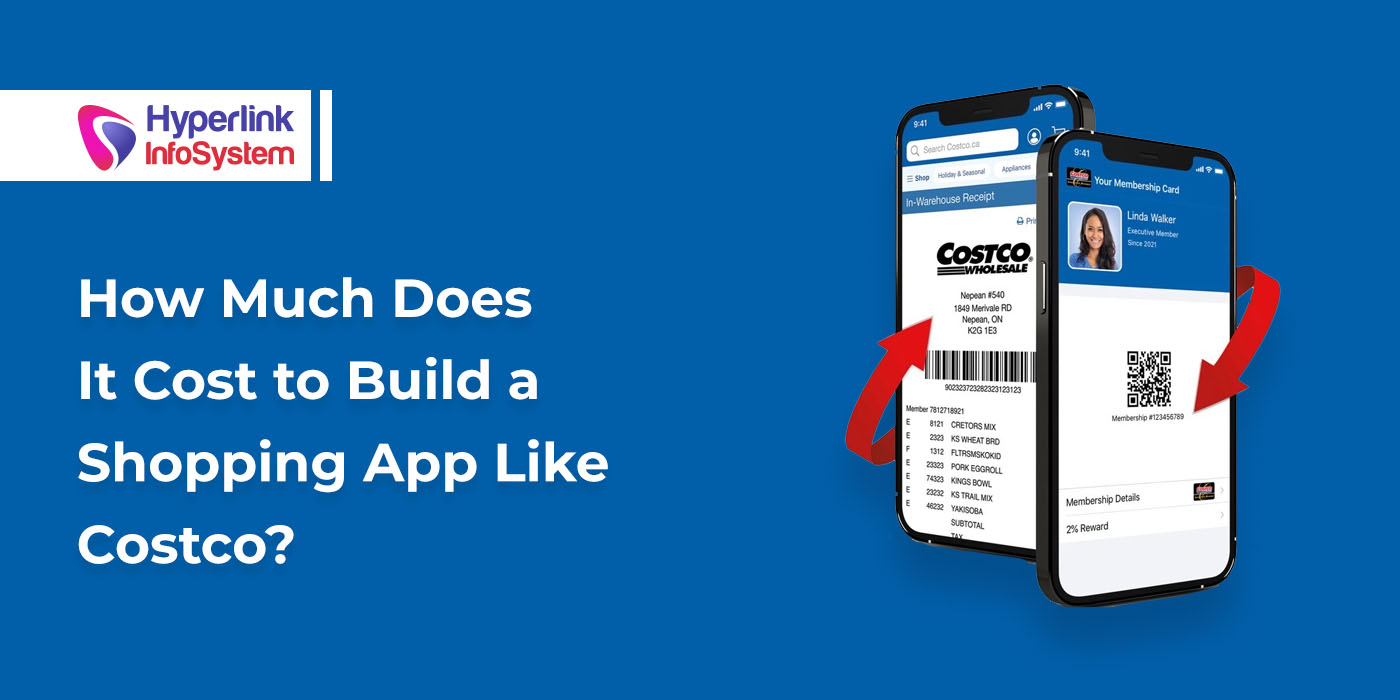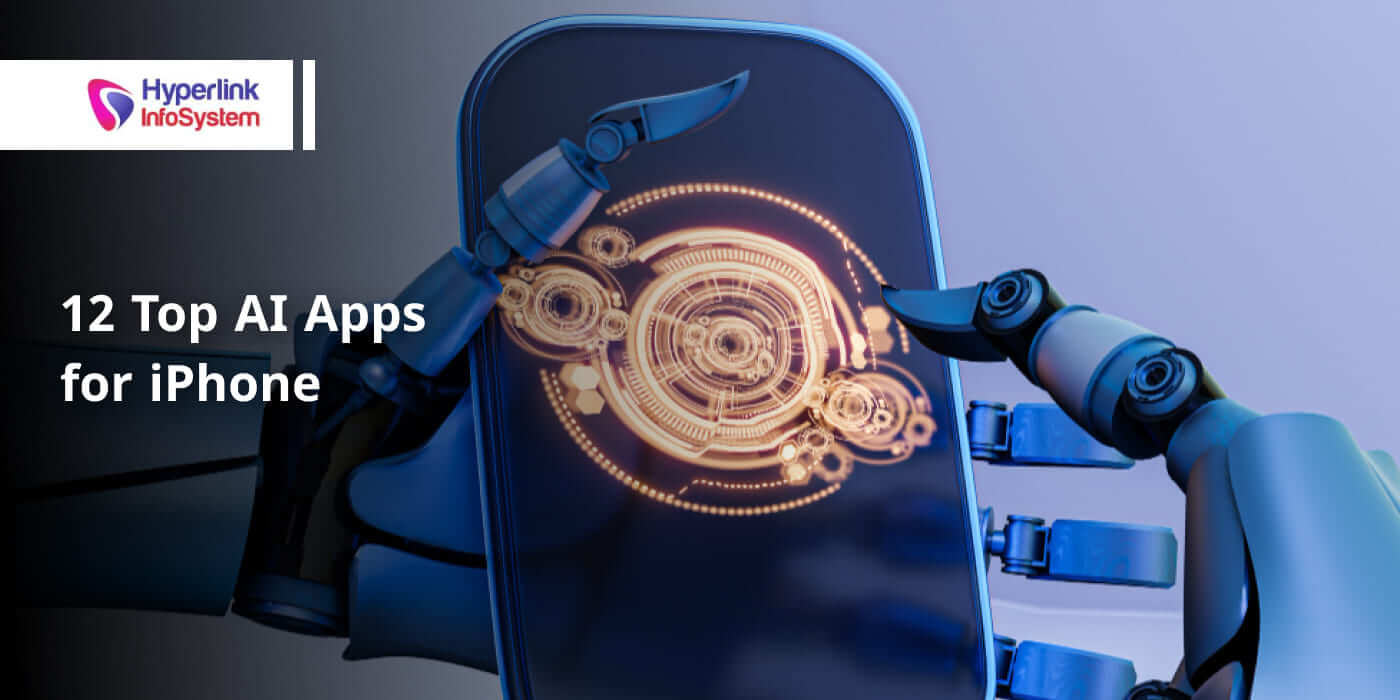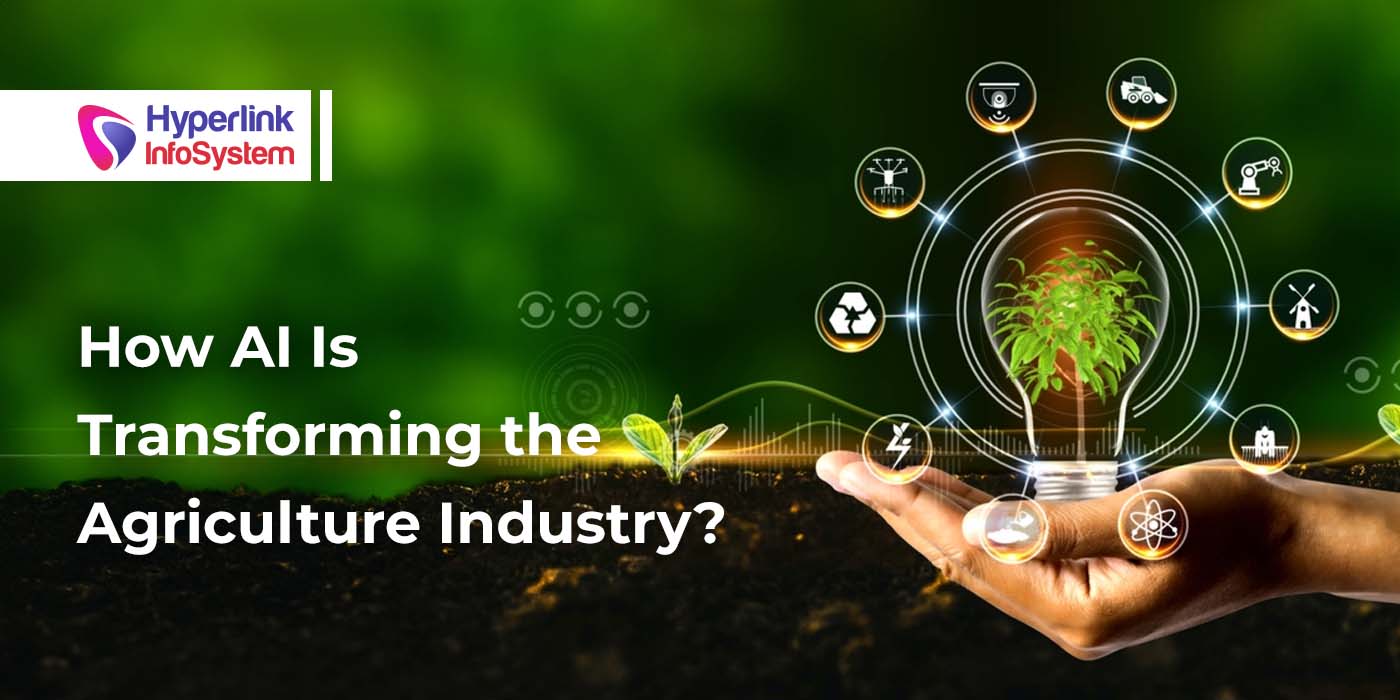The internet is a place to interconnect in the great global village. It is a place to dream, imagine, create, collaborate, share, and live differently than in the past. It is an alternative reality and, as such, does not escape three key concepts: privacy, security, and freedom.
Today, the internet is another space to interact, as in any other. This happens because we are social beings, loaded with enormous emotion that is woven into complex networks of human relationships.
Human interaction, for most of our existence, has been carried out in environments based primarily on physical contact - what we call "face to face" - is now developed through digital displays and electronic devices.
In this scenario, it is common to talk about digital identity. It is created mainly through our presence and relationships on the internet through social networks - Facebook, Twitter, YouTube, Instagram, etc. - messaging services - WhatsApp, Telegram, among others -, websites, blogs, and other digital spaces.
Do human rights also exist on the internet?
To think that our digital identity, as well as everything we create and share in the cloud is immune to what happens in our world off the screen, is one of the reasons we neglect what is established by the Universal Declaration of Human Rights.
To talk about privacy and freedom of expression is to talk about the need to promote them in a secure environment, including on the internet.
We have already read, heard, or seen cases of identity theft (phishing) or data hijacking (ransomware) in exchange for payments in cryptocurrencies such as bitcoin. Likewise, we have experienced subtler situations, such as delivering our entire profile to companies or government institutions through the internet. They are not only our personal data but also information about who we interact with, what we do, where, when, and how we do it, what we say, create or share in the cloud.
Such information is precious to companies such as Google and Facebook that can market it to third parties. In the best case, this information is used for intelligence and publicity purposes. In the worst case, we can be victims of attacks and manipulation.
Now, is it right for someone else to decide what to do with our data and for someone else to receive economic returns for it? That information is our property, and the fact that someone else exposes it without our knowledge goes against our freedom, security, and privacy.
In most websites, we now give our consent to deliver personal data in exchange for browsing there or acquiring a service. That consent, however, does not exclude us from the risk of being victims of attacks and surveillance by third parties.
This is even more serious when it comes to our financial records. Both banks and governments can monitor people's accounts and bank transactions, freeze them, or manage their data on central servers susceptible to attacks by cybercriminals.
The blockchain and several implementations of this technology are demonstrating that there is a solution. Users can now decide between using centralized social networks such as Facebook and Twitter and decentralized and encrypted alternatives that offer greater security, privacy, and freedom.
There are already social networks based on
decentralized applications (dApps) that take into account the possibility of preserving the censorship, privacy, and anonymity of its users, as long as this is their choice. In the financial environment, we have a wide variety of cryptocurrencies available to our preference.
It is not a dreamland
When
Satoshi Nakamoto created the blockchain from Bitcoin, He did so taking privacy into account, but not absolute anonymity, since transparency in transactions was essential to maintain network integrity and trust without intermediaries.
It is important to remember that all cryptocurrencies are private because personal information such as name, identification document, bank details, telephone number, or room address is not required. But they are not entirely anonymous, since they allow, with the appropriate investigation resources and procedures, to follow up to determine who is the person behind a transaction or owner of the funds assigned to a public address.
This does not happen if we use cryptocurrencies focused on privacy and absolute anonymity. They address privacy with different cryptographic, protocol, and consensus algorithm proposals. However, they are alternative to decouple money from the sender and receiver and thus prevent it from being traceable.
This allows us to protect how much money we have, to whom we send it, how much we mobilize, and most importantly: we must not provide any personal information. That means privacy and absolute anonymity, as long as we choose it since it is possible to share information about transactions by giving them access to third parties through certain options offered by both projects.
Before cryptocurrencies and even today, the most anonymous money that exists is cash, such as the dollar or euros, which are still used to finance acts punishable by law. Cryptocurrencies did not give rise to crimes but are another form of money that can be used for good and bad actions. That is why we are not going to stop using it, as we would not do it with fiat coins, knowing that they are used for nothing legal actions from their very origin.
A final reflection
Privacy and security are fundamental in our life for the freedom of expression, and management of our finances, to assert our human dignity. As we see, this has been enshrined since 1948 in the Universal Declaration of Human Rights.
However, when talking about the internet, everyone must decide to what extent this issue is relevant and how far we want to take this without compromising our convictions. It is something that must be of free choice.
Blockchain technology has come to protect our privacy, security, and freedom.
























